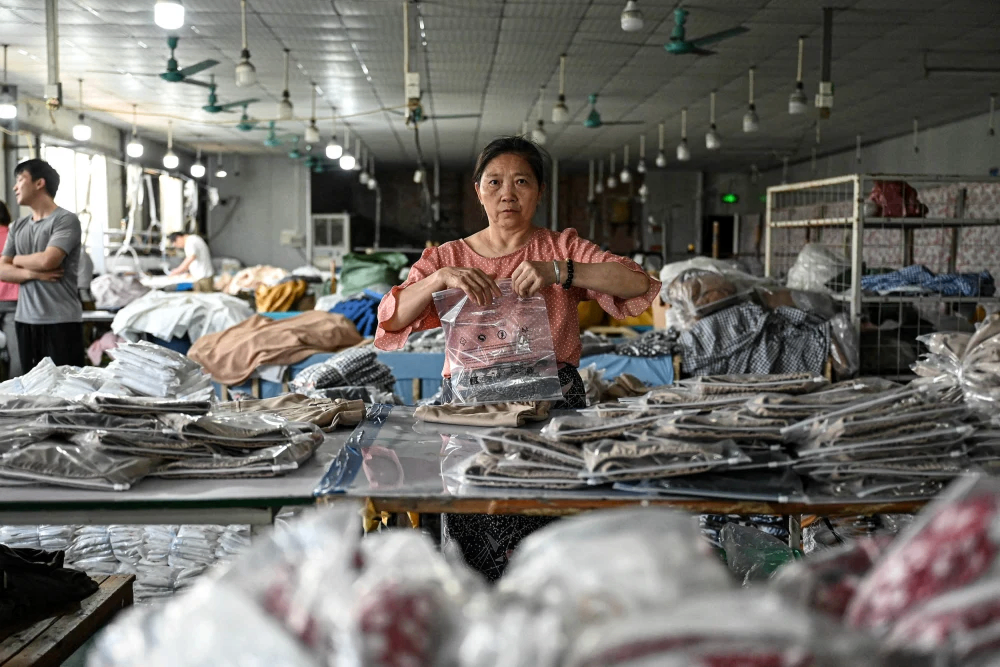The recent tariff relaxation between the United States and China has offered a brief window of opportunity for e-commerce platforms like Temu and Shein. Industry analysts say the two companies are poised to take advantage of the 90-day reprieve to bolster their U.S. inventory and adjust supply chain strategies.
Announced on Monday, the deal includes a temporary reduction of tariffs on most imports from China to 30%, along with a modification to the “de minimis” rule. This change, effective Wednesday, lowers the tariff rate on small-value packages from 120% to 54%.
Prior to this development, high tariffs had driven up prices for Shein shoppers in the U.S., while Temu halted direct China-to-U.S. shipments entirely, opting to fulfill orders from domestic warehouses instead.
“Temu and Shein are likely to scale up their shipments to the U.S. significantly during this period,” said Anand Kumar of Coresight Research. He noted that the temporary reduction not only helps with restocking but also offers an opportunity to rethink longer-term logistics strategies.
Temu logistics expert Jason Wong, based in Hong Kong, confirmed that shipments were previously paused due to the elimination of the “de minimis” exemption. With the revised policy, he expects bulk shipments to resume despite the still-elevated 30% tariff.
“Thirty percent is steep, but compared to 125%, it's manageable,” said Wong.
However, small parcels still face hurdles. A flat $100 fee per item remains in place, and plans to raise that fee to $200 next month have been scrapped under the new order from the White House. Wong noted that until small-package tariffs are reduced further, Temu will likely continue to limit those shipments.
Shein, for its part, continues shipping directly from China, stating that applicable tariffs are already factored into customer pricing. To reduce dependence on Chinese manufacturing, Shein has been diversifying production, with new facilities in Turkey, Brazil, and Mexico, and plans to expand into Vietnam.
The “de minimis” exemption, a long-debated policy that allowed low-value goods to enter the U.S. tariff-free, was repealed by former President Donald Trump earlier this month due to concerns about unfair competition and illicit shipments, including fentanyl. Although it was briefly suspended in February and then reinstated, the rule remains a key point of contention.
U.S. e-commerce giants like Amazon, which rely on third-party sellers sourcing from China, are also expected to increase import activity during the tariff holiday.
"Everyone's racing to get their shipments in while they still can," said Cameron Johnson of Tidalwave Solutions. “It’s a mad dash across the industry.”




 ${ lang === 'zh' ? '中文': 'ENG' }
${ lang === 'zh' ? '中文': 'ENG' }
 ${ lang === 'zh' ? '中文': 'ENG' }
${ lang === 'zh' ? '中文': 'ENG' }


